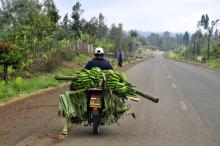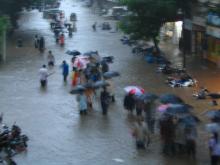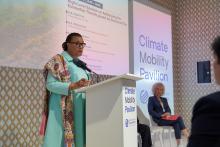The Africa Climate Security Risk Assessment (ACRA) is the first comprehensive study of climate security across Africa. It identifies climate security pathways across the African Union’s five regions and explores responses, good practices and recommendations.












